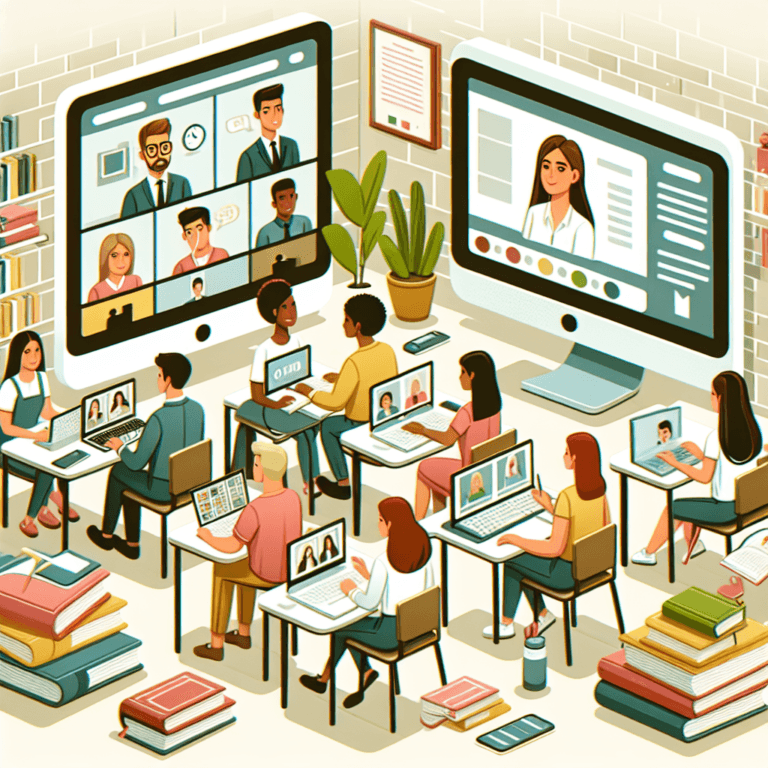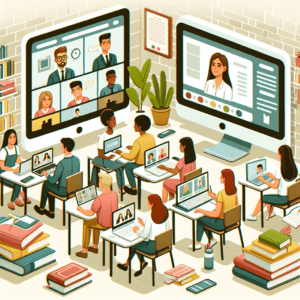In recent years, the landscape of education has undergone a profound transformation, driven by advancements in technology and changes in societal needs. Among the most notable developments is the rise of online courses offered by leading universities. This shift is not merely a temporary trend but represents a significant evolution in how education is delivered, accessed, and perceived.
The Expansion of Educational Access
One of the most significant implications of online courses is the increased accessibility they provide. Traditional education has often been limited by geographical, financial, and institutional barriers. In contrast, online courses allow students from various backgrounds to enroll in programs offered by prestigious institutions without the constraints of location. This democratization of learning enables individuals in remote areas or those balancing work and family obligations to pursue higher education at their own pace.
Quality and Rigor
Leading universities have capitalized on the demand for quality online education by developing rigorous programs that mirror their on-campus counterparts. Many of these institutions employ the same esteemed faculty who teach in person to design and deliver online courses. This commitment to maintaining high academic standards ensures that students receive a valuable education, whether they are attending lectures in a traditional classroom or engaging with coursework online.
Innovative Teaching Methods
The rise of online courses has also prompted universities to re-evaluate and enhance their teaching methodologies. Faculty members have embraced a variety of digital tools and multimedia resources that cater to diverse learning styles. Interactive elements such as discussion forums, video lectures, and collaborative projects create an engaging learning environment that can rival traditional settings. This adaptability fosters a more dynamic educational experience, promoting critical thinking and real-world problem-solving skills.
Lifelong Learning and Professional Development
The changing job market has underscored the necessity for lifelong learning. Many professionals seek to upgrade their skills or shift their career trajectories without committing to a full degree program. Online courses have become a viable solution, offering specialized training and professional development opportunities that align with the demands of various industries. As a result, universities are not only catering to traditional students but also to working adults seeking to enhance their expertise.
Global Community
Another notable aspect of online education is the creation of a diverse global community. Students from different cultures and backgrounds participate in the same classes, fostering rich discussions and broadening perspectives. This interaction enhances the educational experience and prepares students for increasingly globalized environments in their professional lives. Building relationships with peers from around the world can also lead to invaluable networking opportunities that extend beyond the classroom.
Challenges and Considerations
Despite the many advantages of online courses, there are challenges that both institutions and students must navigate. Issues such as maintaining student engagement, ensuring academic integrity, and providing adequate support services are critical to the success of online programs. Institutions must continually assess and refine their online offerings to meet the needs of students effectively. Furthermore, students must develop self-discipline and time management skills to thrive in a less structured learning environment.
Conclusion
The rise of online courses at leading universities signifies a pivotal moment in the realm of education. This new era reflects a shift toward greater accessibility, innovative teaching methods, and a commitment to lifelong learning. As technology continues to advance and societal demands evolve, the landscape of education will undoubtedly progress. Embracing these changes will pave the way for a more inclusive and dynamic educational experience that meets the needs of a diverse and interconnected world.







